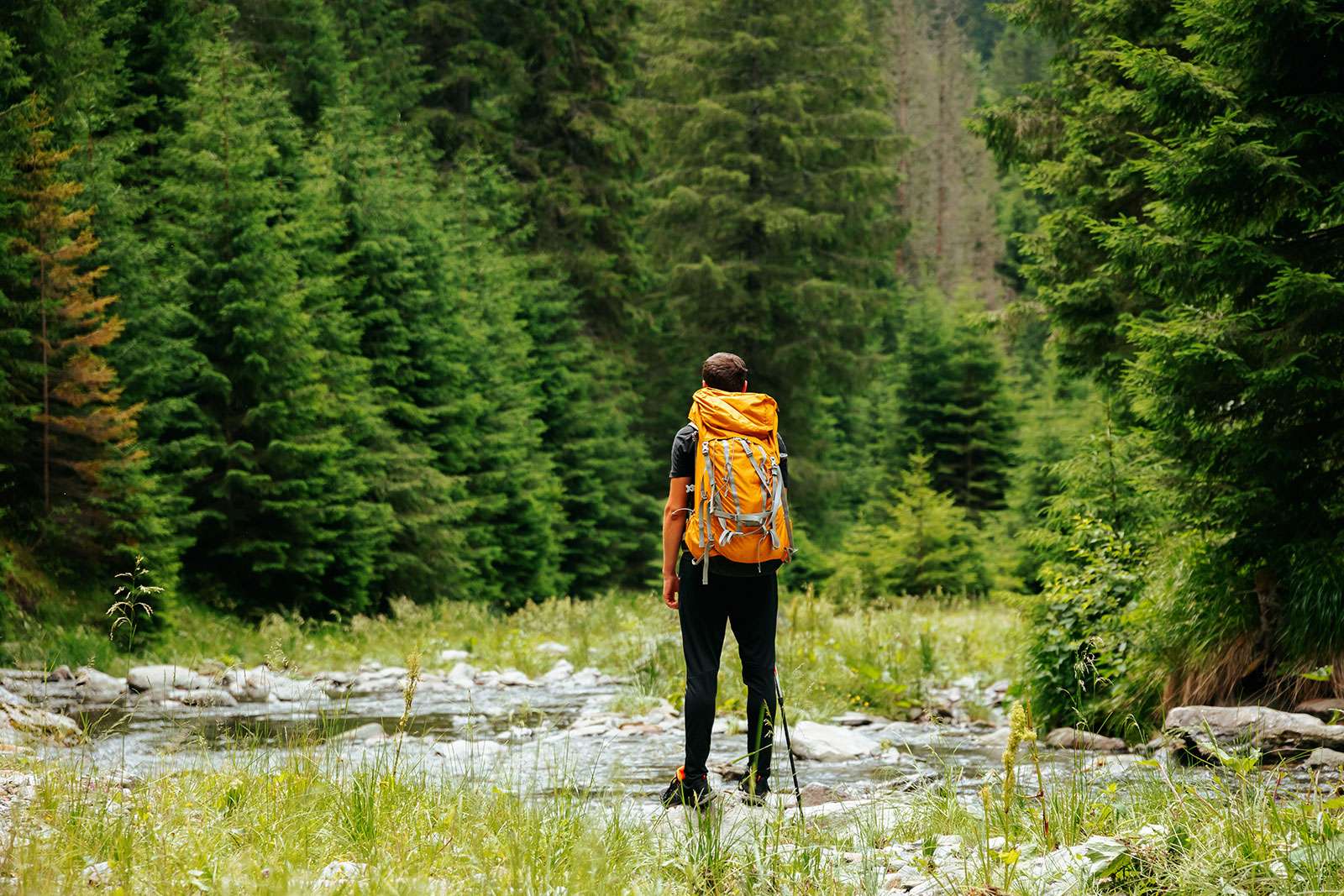
Solo camping offers a unique and rewarding experience, allowing you to connect with nature on a profoundly personal level. While camping with friends and family can be enjoyable, venturing into the wilderness alone offers a sense of self-reliance and tranquillity that is truly unparalleled. In this blog post, we’ll explore the world of solo camping, discussing its advantages, challenges, and essential tips for a fulfilling solo camping adventure.
Solo camping provides an opportunity for profound self-discovery. It allows you to spend quality time with yourself, away from the distractions of daily life. It’s a chance to reflect, think, and gain a deeper understanding of your thoughts and desires. When you camp alone, you have complete control over your itinerary. You can choose where to go, what to do, and when to do it. There’s no need to compromise or follow someone else’s schedule. Without the chatter of companions, your senses become more attuned to the natural world around you. You’ll notice the sounds of birds, the rustle of leaves, and the flow of water more vividly, enhancing your connection with nature.
Safety should always be your top priority when camping alone. You must be prepared for emergencies, carry essential safety equipment, and inform someone you trust about your plans and location. While solitude can be refreshing, some may find it lonely. It’s essential to be mentally prepared for moments of isolation and learn to embrace them as opportunities for introspection. Tasks like setting up camp, cooking, and gathering firewood can be more challenging when solo camping. Planning and practice are key to overcoming these challenges.
Plan your trip meticulously, including your route, camping spots, and necessary supplies. Always carry a map, compass, or GPS device. Travelling solo means you’re responsible for carrying everything you need. Pack efficiently and prioritize essential items. Learn basic survival skills like starting a fire, purifying water, and setting up a shelter. These skills can be invaluable in emergencies. Check the weather forecast and be aware of any local regulations or potential hazards in the area you plan to camp. If something doesn’t feel right, trust your instincts and err on the side of caution. Your safety should always come first.
Solo camping is a transformative experience that allows you to immerse yourself in nature while discovering your inner strengths and capabilities. While it comes with its challenges, proper planning and preparation can help you overcome them, ensuring a safe and enjoyable adventure. So, whether you’re a seasoned camper or a novice, don’t hesitate to embark on a solo camping journey and embrace the beauty of solitude in the great outdoors.
